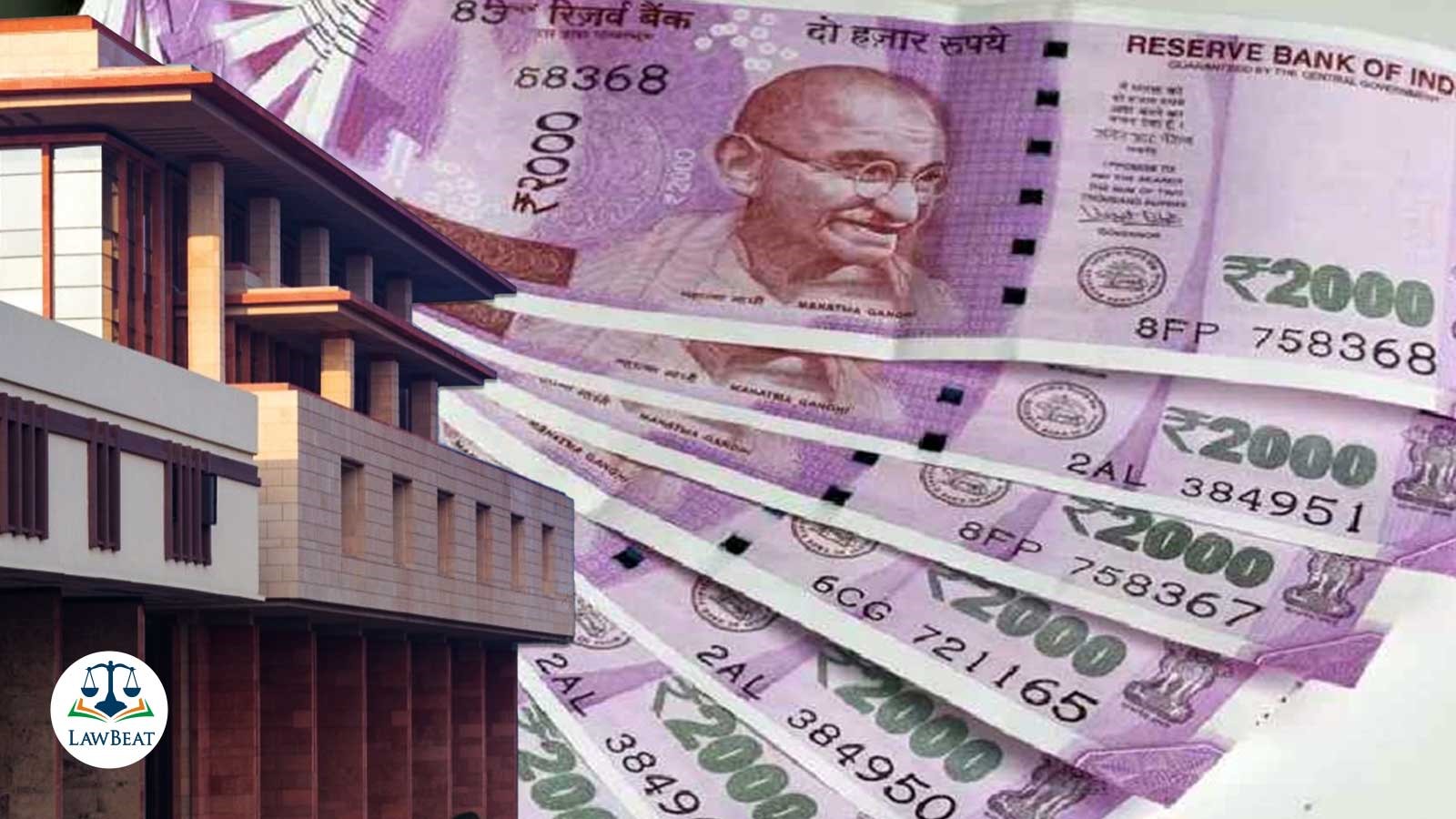'Supply Of Fake Currency Notes Poses A Serious Threat To Nation and Citizens’: Delhi HC

Court emphasized that innocent consumers and businesses unknowingly accept counterfeit money in transactions, leading to financial losses, legal issues, and reputational damage, especially for businesses
The Delhi High Court has held that the production and distribution of counterfeit currency notes pose a significant risk to the economy, national security, and individual welfare. Therefore, the court denied bail to an individual accused of producing and distributing counterfeit currency notes in denominations of Rs 2000.
“The supply and circulation of fake currency notes represent a serious threat to the economy, national security, and individual well-being. Therefore, it is crucial for the Courts to deal with such cases with stern hand”, the bench of Justice Swarana Kanta Sharma held.
On June 21, 2013, the Special Cell of Delhi Police received intelligence regarding the involvement of an individual named Tajeem in the distribution of counterfeit Indian currency near Splash Water Park, Delhi. Acting on this tip-off, a raiding team was formed, resulting in the arrest of Tajeem and the seizure of fake currency totaling Rs. 2,50,000 in Rs. 2000 denominations.
Further investigation revealed a larger counterfeit currency operation involving the applicant, Irshad, who was arrested from his residence in Kairana, Uttar Pradesh. Additionally, 150 counterfeit notes of Rs. 2000 denomination, valued at Rs. 3,00,000, were recovered from Irshad's residence.
Irshad, represented by Advocate A.K. Suri, filed an application seeking bail before the high court. Advocate Suri argued that Irshad was wrongly implicated, arrested solely based on Tajeem's statement, and alleged the police planted evidence during the raid. It was further contended that police revisited Irshad’s premises on June 23, 2023, to fabricate additional evidence of equipment used in counterfeit currency production.
Conversely, Additional Public Prosecutor Manoj Pant appearing for the State asserted that Irshad, along with Tajeem, was involved in the distribution of counterfeit currency, residing in the same vicinity. It was argued that Tajeem obtained counterfeit notes from Irshad, leading to Irshad's arrest and the seizure of counterfeit notes from his residence. Furthermore, equipment related to counterfeit currency production was discovered at Irshad's shop, reinforcing the prosecution's stance that Irshad was a key conspirator in the case.
The court noted that the allegations against Irshad involve his purported involvement in the distribution of counterfeit Indian currency across various regions, including Delhi, Uttar Pradesh, Punjab, and Haryana, in collaboration with co-accused Tajeem.
The court observed that during the investigation, authorities conducted a search at the Irshad’s residence on June 22, 2023. During this raid, 150 counterfeit currency notes, each valued at Rs. 2,000, totaling Rs. 3,00,000, were discovered in a room on the first floor. Irshad admitted to procuring counterfeit currency from Saharanpur, Uttar Pradesh, and subsequently selling it in Delhi, Haryana, and other states. Additionally, it was revealed that the accused had enlisted the help of their neighbor, co-accused Tajeem, in their illicit activities a few months prior, tasking Tajeem with liaising with buyers.
The bench noted that Irshad confessed to learning the process of counterfeit currency production from online sources, specifically YouTube, and personally engaged in printing counterfeit notes at their residence. Law enforcement authorities later conducted another search at his premises, where they seized equipment and materials used in the production of counterfeit currency, including paper sheets, green paper utilized for security features, and a wooden frame for cutting notes, all found in a shop located on the ground floor of the accused's residence.
The bench examined a report from the Bank Note Press, Dewas Madhya Pradesh, which confirmed that all the mentioned notes were counterfeit. This case highlighted serious concerns regarding Irshad's involvement in distributing and circulating fake currency notes.
The bench emphasized that the spread of counterfeit currency facilitates various illicit activities, including money laundering, terrorism financing, and organized crime. Criminal groups often utilize fake money to finance their operations, launder illegal proceeds, and support illegal activities like drug trafficking, human trafficking, and arms smuggling.
“Individuals who unknowingly come into possession of counterfeit currency also face significant risks and repercussions. Innocent consumers and businesses may unknowingly accept counterfeit money in transactions, only to later discover that they have been defrauded or cheated. This can lead to financial losses, legal liabilities, and damage to reputations, particularly for businesses that unwittingly accept counterfeit currency as payment for goods or services”, the bench added.
The bench emphasized that the spread of fake currency notes presents a notable risk to the economy, national security, and individual well-being and courts are required to handle such issues with a ‘stern hand’. Thus, the court dismissed the bail application.
Case Title: Irshad @ Bhuru v The State N.C.T Of Delhi
